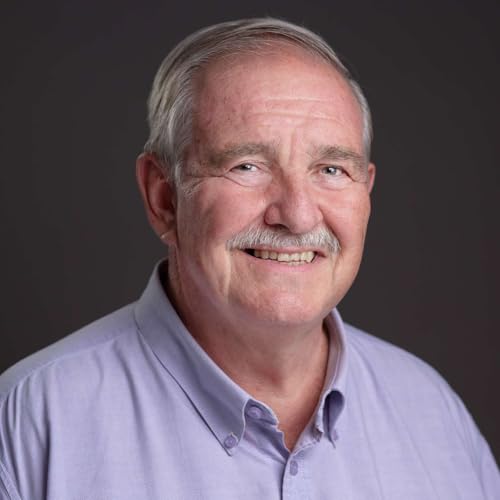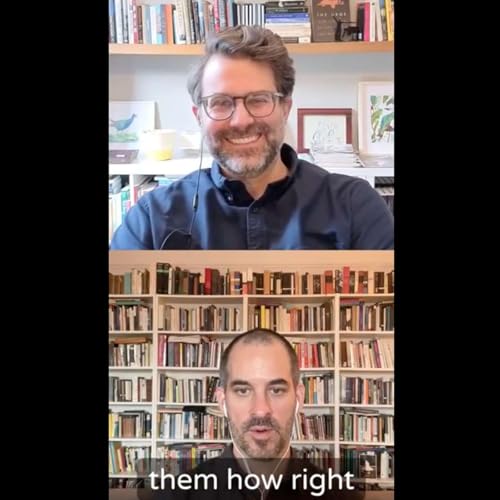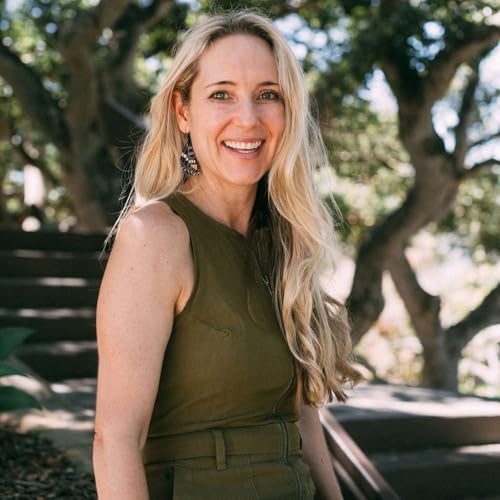Sign up for my newsletter and immediately receive my free guide to the many pathways to recovery, as well as regular updates on new interviews, material, and other writings.
What if self itself is a habit? In this episode, psychiatrist and neuroscientist Dr. Jud Brewer explores how struggles like addiction, anxiety, and even identity can be understood as habit loops shaped by reward and reinforcement. Drawing from neuroscience, contemplative practice, and clinical work, Jud offers a practical approach to unwinding those loops and reducing suffering.
Jud is a colleague I deeply respect: someone who’s helped me quite a lot to better understand contemplative science within the framework of addiction medicine. We don’t agree about everything, as you’ll hear in this conversation, but overall, I look up to him as a kindred spirit and as someone who’s sincerely committed to reducing the suffering of addiction with rigor and integrity.
In this episode, Jud builds on that framework to further discuss how explain how awareness rather than willpower is the key to enduring change. We discuss how habits form, why “selfing” can become addictive, and how to actually practice letting go. We take on big questions about agency and choice, challenge common models of addiction, and explore how those topics inform an exploration of what it means to flourish.
Jud Brewer, MD, PhD (“Dr. Jud”), is a New York Times best-selling author and a leading authority on habit change and the science of self-mastery. With over 25 years of mindfulness training combined with scientific research, he serves as the Director of Research and Innovation at the Mindfulness Center and as a professor at Brown University. Jud has developed innovative mindfulness programs—both in-person and app-based—for smoking cessation, emotional eating, and anxiety. He has trained U.S. Olympic athletes, coaches, and foreign government ministers. His work has been featured on “60 Minutes,” TED, The New York Times, and more. He also co-founded Mindshift Recovery, a nonprofit aiding those suffering from addiction, and College Journey.AI, which helps high school students navigate the stress of college applications. He is the author of The Craving Mind (Yale University Press, 2017), the New York Times bestseller Unwinding Anxiety (Avery/Penguin Random House, 2021), and The Hunger Habit (Avery/Penguin Random House, 2024). For more information, visit www.drjud.com.
Check out my Substack posts for more links to Jud's work and our previous conversation.
Sign up for my newsletter and immediately receive my own free guide to the many pathways to recovery, as well as regular updates on new interviews, material, and other writings.
 50 min
50 min 1 h et 29 min
1 h et 29 min 50 min
50 min Jul 31 202556 min
Jul 31 202556 min Jul 16 202548 min
Jul 16 202548 min 1 h et 6 min
1 h et 6 min 1 h et 6 min
1 h et 6 min 45 min
45 min
